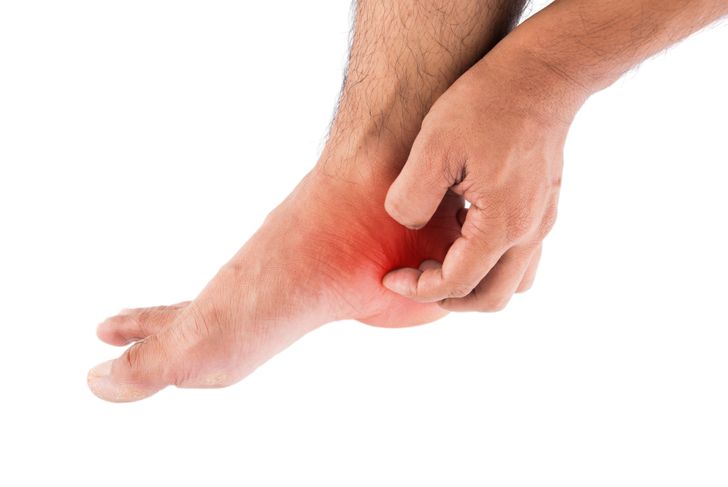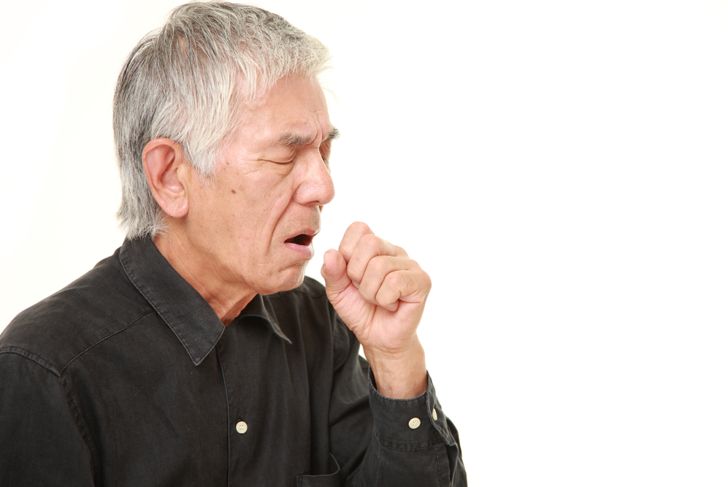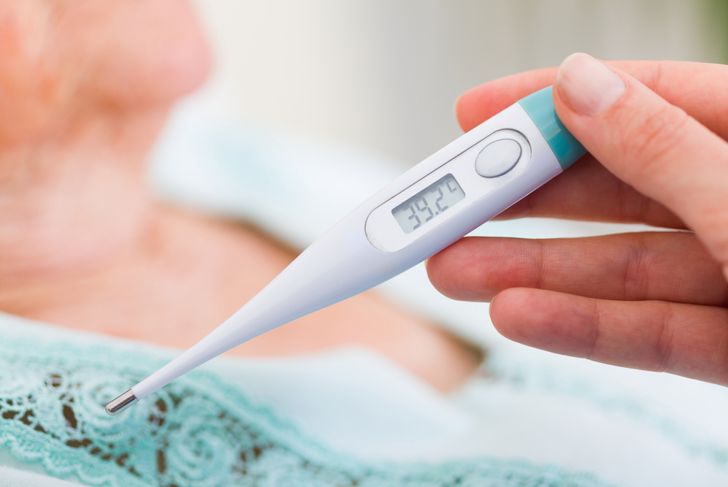Hookworm is a parasite that affects the lungs and intestines in humans and animals. The two most important species that affect humans are Necator americanus and Ancylostoma duodenale. Hookworms are transferred through infected feces; so, if a person infected with a parasite defecates in bushes, in a garden, or in a field, the eggs are deposited into the soil of that area. When another person walks barefoot in contaminated soil, the larvae can penetrate his skin. In certain regions, human feces is used as fertilizer. This increases the risk of contamination in those areas. Hookworm is most prevalent in developing nations in the tropics and subtropics with poor sanitation.
Rash
At the site of penetration to the skin, a person may develop an itchy rash due to an allergic reaction to the parasite. As the worm enters the skin, it excretes an enzyme that breaks apart skin cells, allowing it to pass through thick layers of skin. Most often hookworms enter the skin through the foot of a person walking barefoot in a contaminated area. You can prevent this by not walking barefoot outside—especially in areas where hookworm is common. Immediately upon entering the body, the larvae pass into the bloodstream and move toward the lungs. This process takes about ten days upon infection.
Cough
When the larvae move to the lungs, they break into the alveoli causing mild alveolitis (inflammation of lung alveoli). Most infected persons will not experience symptoms at this point, but some may develop a cough, a sore throat, and fever. The larvae move up the respiratory tract and are coughed up and then swallowed, making their way down the digestive tract until they reach the intestines.
Diarrhea
Diarrhea can occur within the first few days of infection. However, it is most common at the three-week mark when the hookworm reaches the small intestine, where it makes a home. When the hookworm enters the small intestine, it uses jagged teeth to hook onto the intestinal tissue. There it begins to suck blood, and eventually lay eggs.
Anemia
The hookworm feeds off of human blood from the inside of the intestine. Classic hookworm disease is characterized by blood loss that leads to iron deficiency and malnutrition. When children are infected with hookworm, and contract a severe case of hookworm disease, it may result in physical and cognitive developmental delay due to anemia. Severe anemia can even lead to heart failure.
Cramps
Living with a parasite in your intestines is certainly uncomfortable. Many cases of hookworm disease have been reported with cramping at day 21 of infection. Most people living with hookworms are asymptomatic. Only a small percentage of people with hookworm report severe gastrointestinal symptoms.
Nausea
The severity of side effects varies from person to person. Nausea and other gastrointestinal symptoms are most commonly experienced between week 3 and week 10. Few people may experience prolonged symptoms, and many people do not experience symptoms at all.
Fever
Fever is a general symptom experienced across many different diseases and infections—it is a sign that your body is trying to fight off foreign invaders. Fever most commonly happens during the stage at which the larvae are moving through the respiratory tract.
Bloody stool
In severe cases of hookworm disease, an infected person may experience bloody stool or diarrhea. In one case study, a 33-year-old—otherwise healthy—man who had traveled to Myanmar from France in 2014, returned with a whole host of symptoms including vomiting, dyspnea, bloody diarrhea, and weight loss. He had been infected with a hookworm after sitting in a public park in Yangon.
Loss of appetite
When a person is experiencing diarrhea, nausea, and cramps from a hookworm, they most likely do not have an appetite. This can lead to substantial weight loss in some people. This symptom along with anemia can make a person extremely fatigued, significantly affecting their daily functioning.
Colic or excessive crying in infants
When an infant has a hookworm, it may be difficult to identify. If a baby seems uncomfortable due to gastrointestinal issues and is located in a developing country where hookworms are common, this may be the cause. Evaluation of the stool can determine a diagnosis. The stool of an infected person will have hundreds or thousands of eggs in it, especially after the third week of infection.

 Home
Home Health
Health Diet & Nutrition
Diet & Nutrition Living Well
Living Well More
More




















